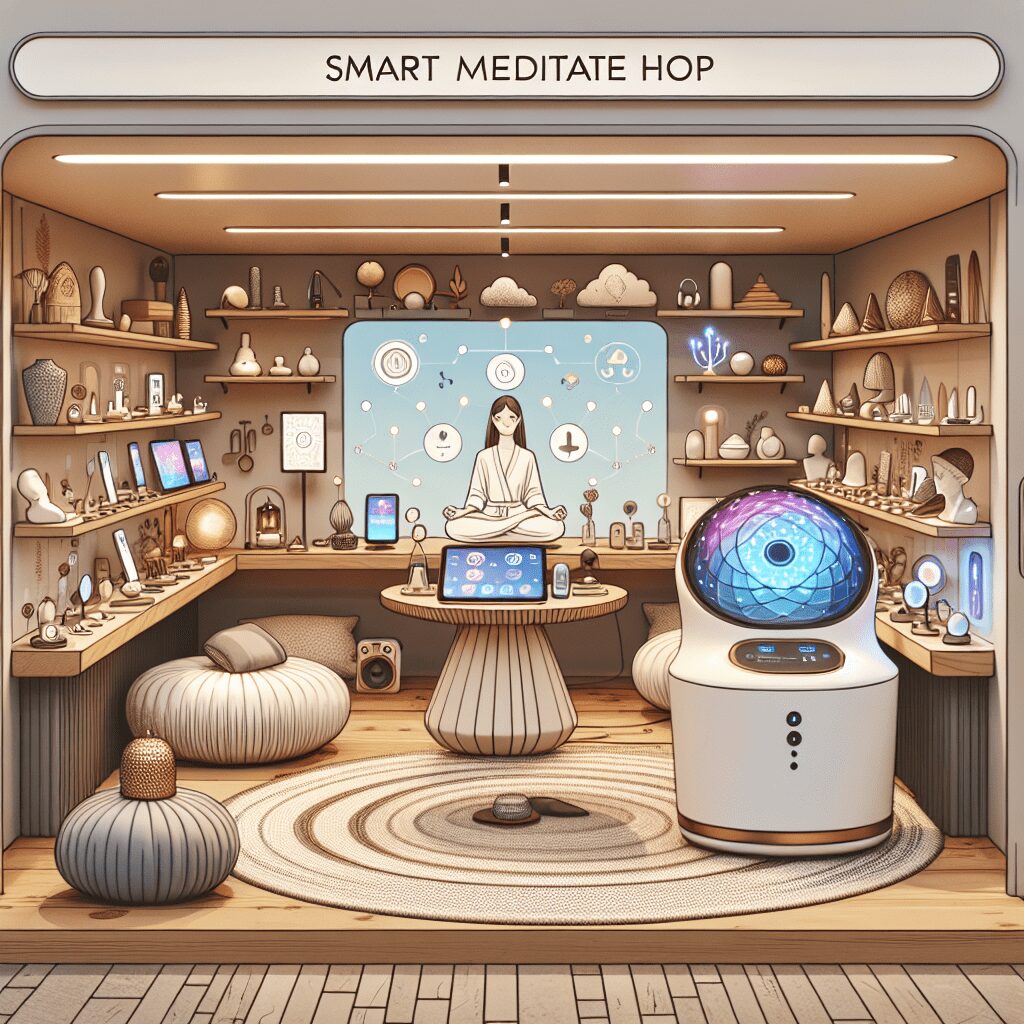
Prioritize your mental well-being daily. Enhance your life by nurturing your mental health with the Smart Meditation app. Break free from stress, alleviate anxiety, and enhance your sleep quality starting today.
Can Antidepressants Make You Have Weird Dreams?
The Quest to Understand Antidepressants and Their Dreamy Side Effects
Have you ever found yourself in the middle of a particularly zany dream, one that rivals even the wackiest of Wonderland adventures, and wondered, “What in the world did I eat last night?” But then, the foggy haze of sleep fades, and you remember that sandwich you had for dinner was as plain as they come. So what’s the culprit behind these nocturnal escapades? If you’ve recently started an antidepressant regime, you might have just found your answer.
The Intriguing Connection Between Antidepressants and Dreams
Antidepressants, while essential in managing symptoms of depression and various other mental health conditions, come with a suitcase of potential side effects. Among these, altered dream patterns stand out as one of the most curiously discussed phenomena. But before you chalk it up to mere coincidence, let’s dive into the why’s and how’s of this dreamy dilemma.
The Role of REM Sleep
Rapid Eye Movement (REM) sleep, the stage most associated with vivid dreaming, is significantly impacted by antidepressants, particularly those in the class of Selective Serotonin Reuptake Inhibitors (SSRIs) and Serotonin-Norepinephrine Reuptake Inhibitors (SNRIs). These medications tweak the brain’s chemistry to elevate mood; however, they also have a hand in adjusting our sleep cycles, including the depth and duration of REM sleep. This meddling can turn our dream factory into an overdrive mode, producing more vivid, peculiar, or even intense dreams.
The Chemical Cocktail Effect
Antidepressants stir up the brain’s neurotransmitters—serotonin, norepinephrine, and dopamine—cocktail, each of which plays a critical role in mood regulation and sleep. Altering the balance of these chemicals can lead to changes in sleep architecture and dream content. Essentially, your brain on antidepressants is navigating a chemically altered landscape, which might explain the production of those weirdly vivid dreams.
Tips to Manage Unusual Dreams on Antidepressants
So, you’re on a journey with antidepressants, and along the way, you’ve picked up some unexpected travel companions in the form of strange dreams. Fear not! Here are a few tips to help manage those nocturnal narratives:
- Keep a Dream Journal: Sometimes, simply jotting down the odd dreams can help demystify them and reduce anxiety they may cause.
- Practice Good Sleep Hygiene: A consistent sleep schedule, a cool, dark sleeping environment, and avoiding screens or heavy meals before bed can promote more restful sleep.
- Mindfulness and Relaxation Techniques: Practices like meditation or progressive muscle relaxation before bed can help ease into a more peaceful night’s sleep.
- Consult Your Doctor: If bizarre dreams are significantly impacting your sleep quality or causing distress, it’s crucial to discuss this with your healthcare provider. They might adjust your medication dosage or suggest alternative solutions.
In the grand scheme of things, antidepressants are a lifeline for many, helping to navigate the choppy waters of mental health. While the side effect of strange dreams might have you scratching your head, understanding the connection between these medications and REM sleep sheds light on the subject. With some adjustments and open communication with your healthcare team, you can aim for both a happier waking life and more serene dreamscapes.
So, the next time you find yourself hosting a tea party for armadillos in your dreams, remember, it’s just your brain’s way of adapting to the changes. And who knows? These dreams might just be the creative inspiration you never knew you needed.




